


Demanding an end to public use of the war's Japanese name, the Asahi Shimbun justifies itself by citing a postwar Allied Occupation order that expired in...



The canceled book "Irreversible Damage" warns against the transgender "trend" and the dangers of encouraging minors to make premature, life-altering decisions.
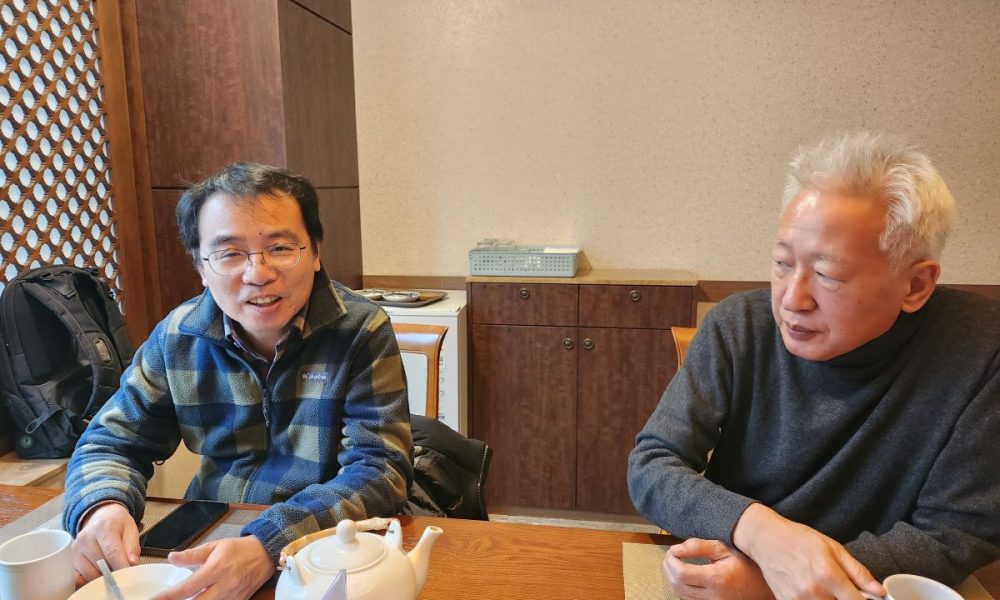
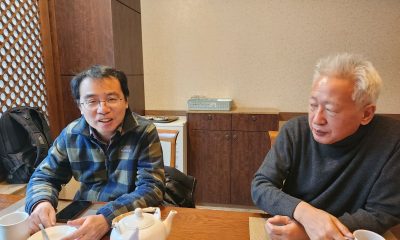

South Korean scholars Lew Seok-Choon and Lee Wooyoun discuss shifting perceptions on the comfort women issue and the court case against Professor Lew.



Recent articles have blamed the government for near-sighted students and various social problems but that's the wrong place to go for solutions says the author.
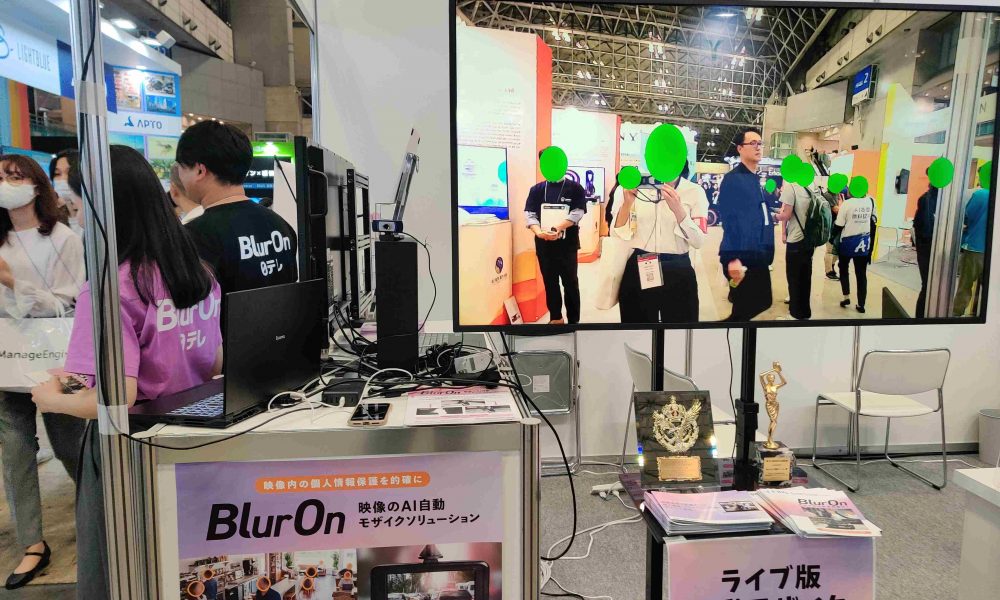


Japan IT Week in Makuhari Messe, Chiba, featured approximately 660 exhibitors, with solutions that ranged from hardware to software, the metaverse, and more.



Oizumi Town wants to welcome foreigners and adopt English as a common language, but its vision leaves behind the very Japanese taxpayers who built the town.



Longtime scholar of Korean Peninsula issues, Professor Tsutomu Nishioka analyzes the challenges and progress in relations between Japan and South Korea.
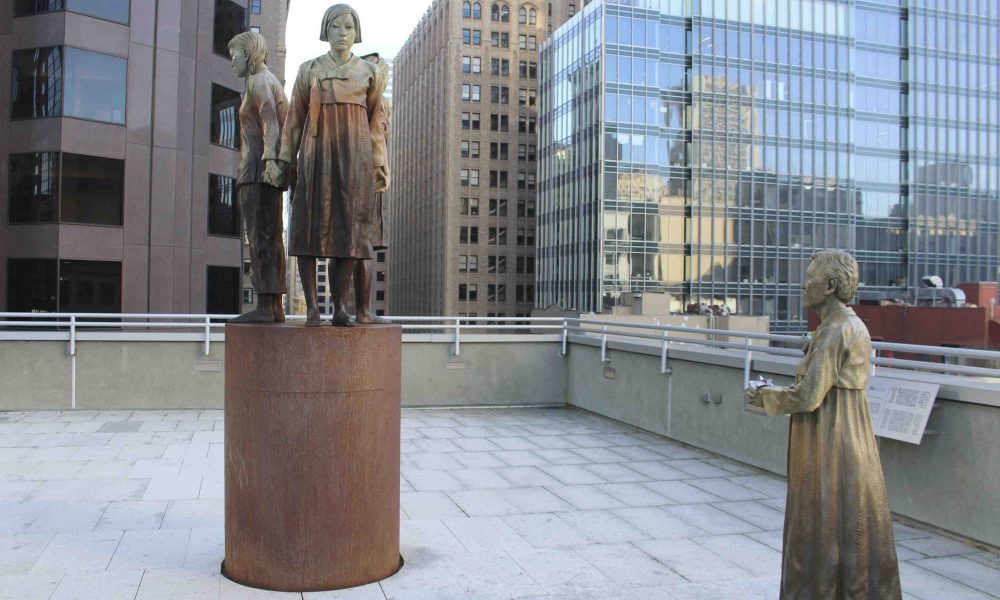


While American elites grandstand about the comfort women, free and open academic inquiry on East Asian history elsewhere is uncovering the uncomfortable truths.
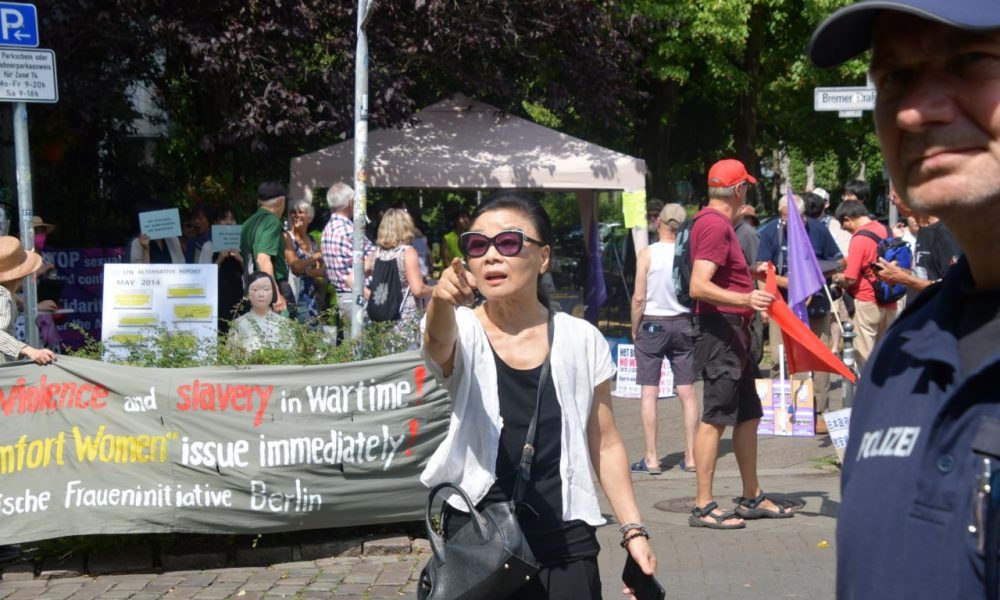


The facts of the comfort women history are sometimes uncomfortable, which makes the issue all the more deserving of free and open academic inquiry.
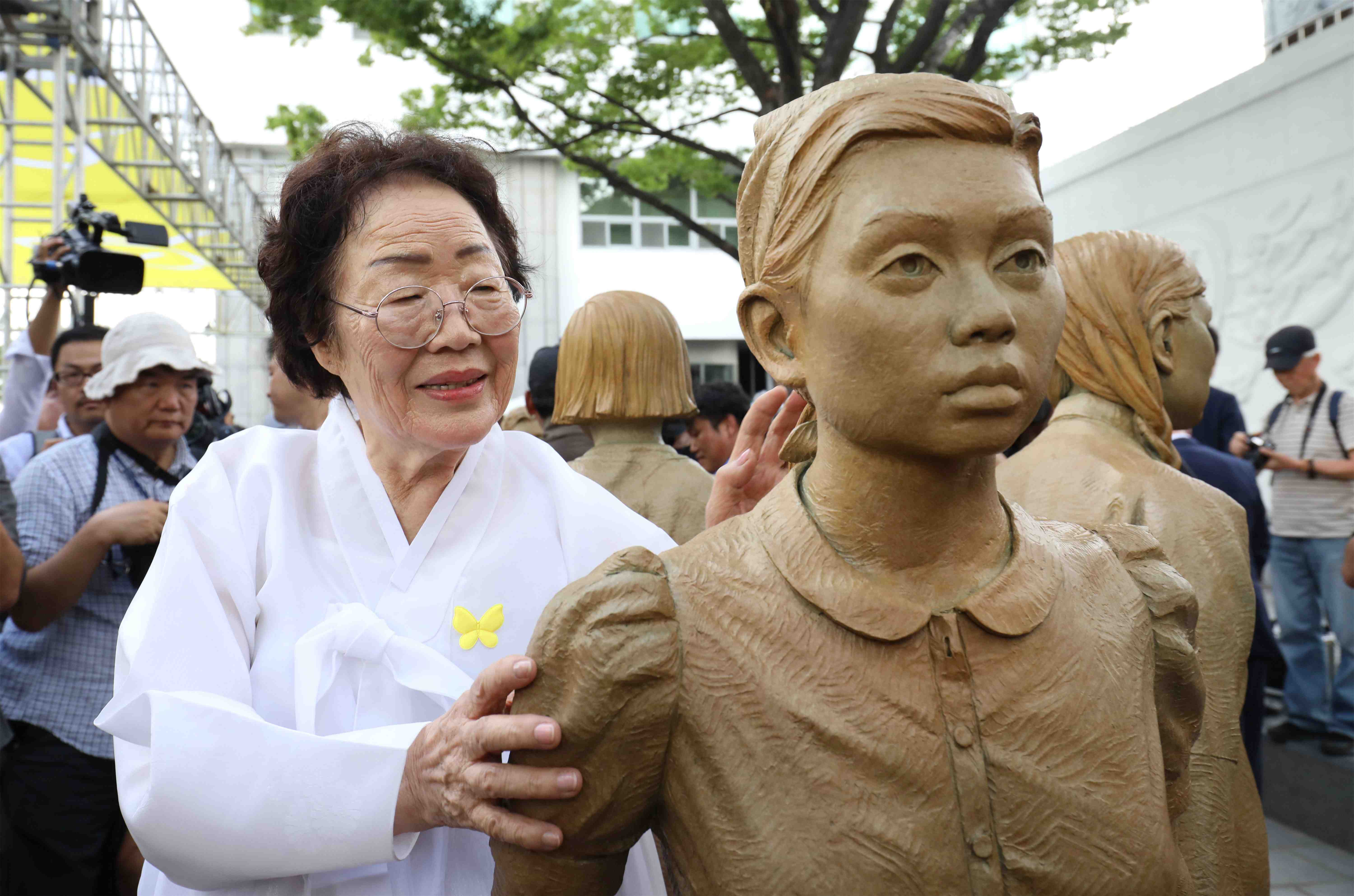


Few historical subjects have encountered such resistance to academic inquiry and free speech as the comfort women issue. As we report, that is finally changing.
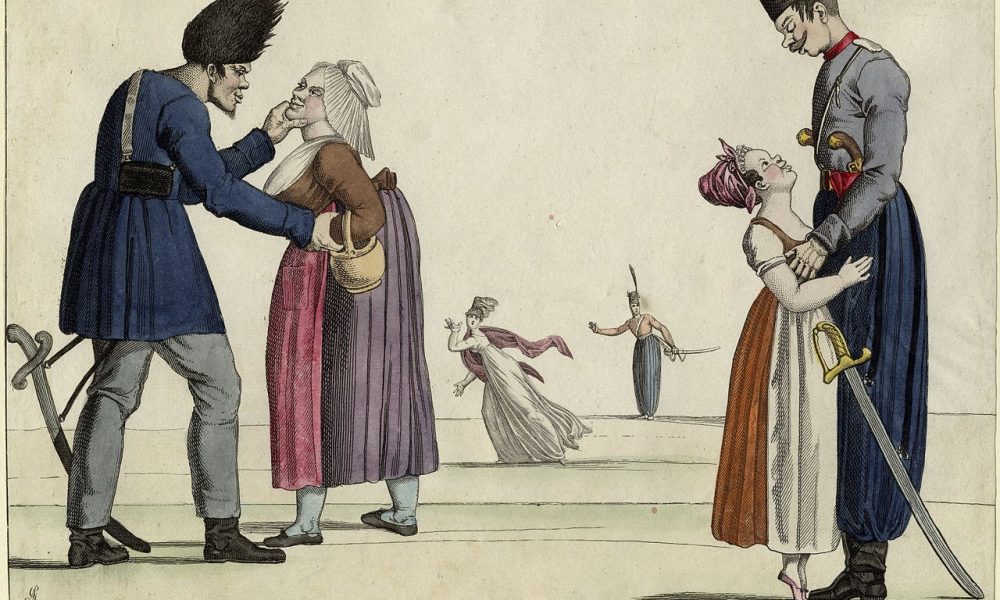


There are many reasons women, including the comfort women, enter prostitution. Regardless of the reason, when it comes to the sex business, coercion is a given.
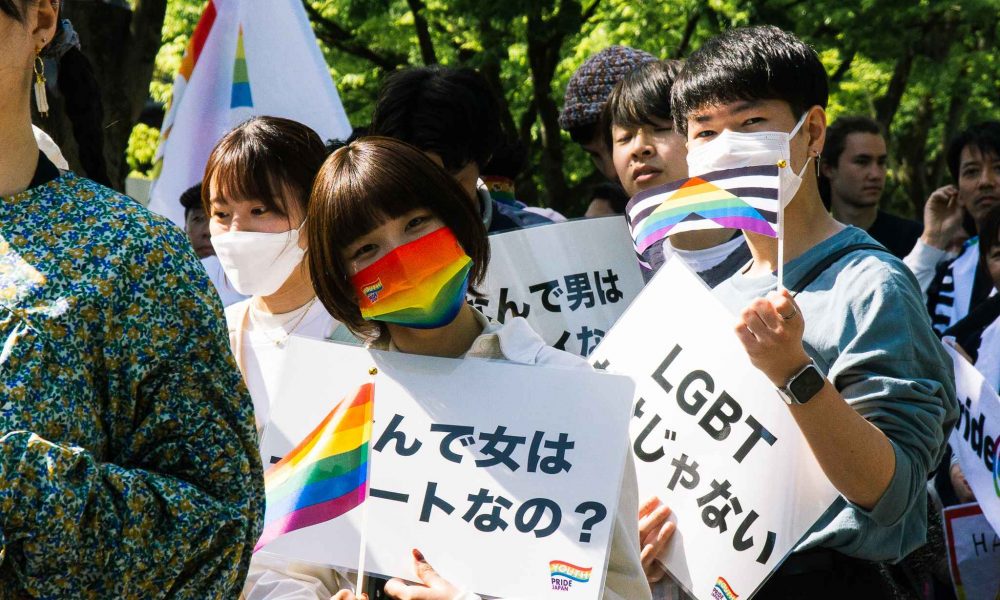
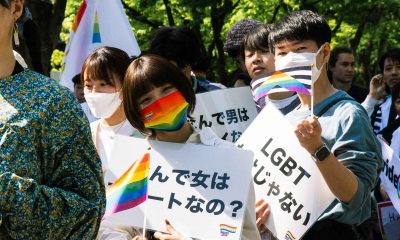

What does this law mean, and what are the implications of the LGBTQ legislation in Japan? Does it have a future? Take a look with us.